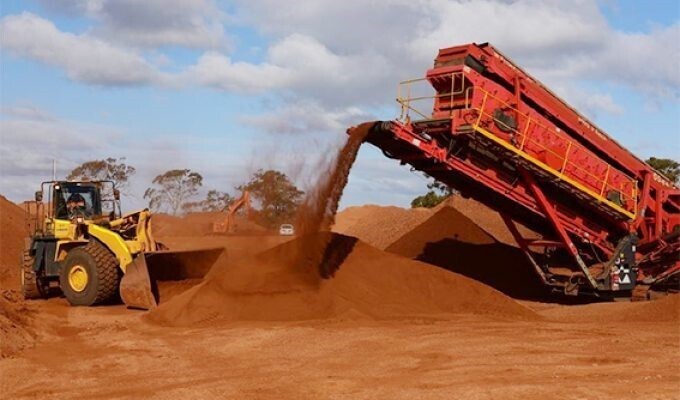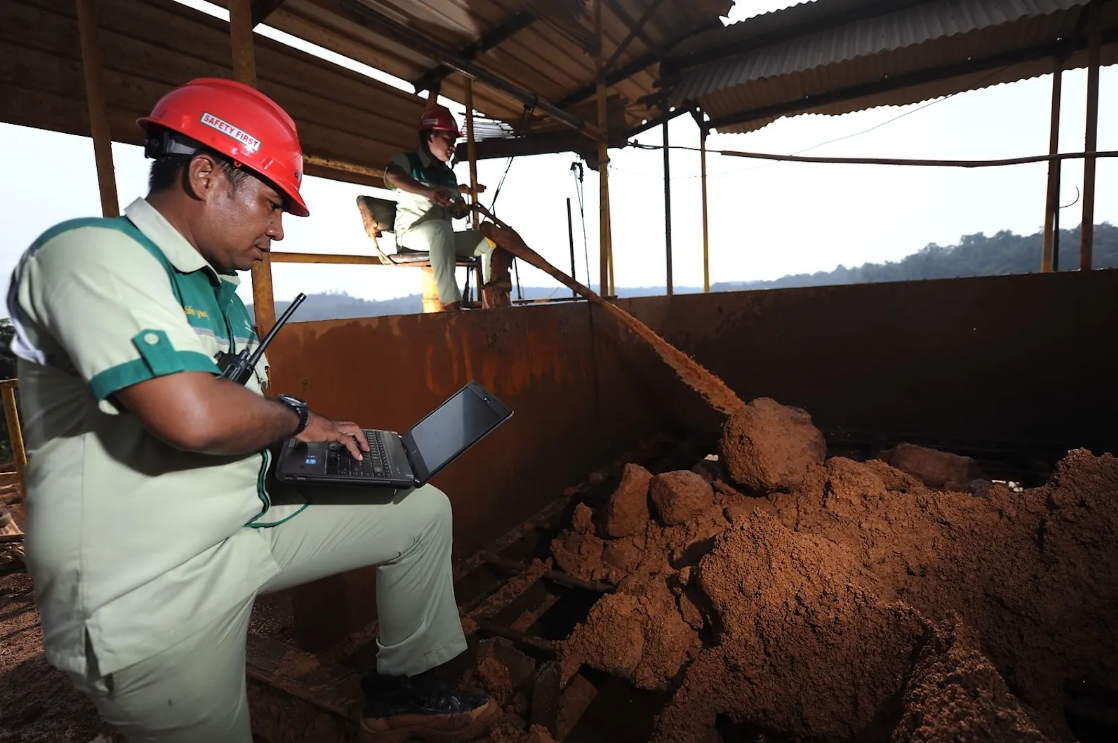

According to Fastmarkets report, the Indonesian government is planning to ease the bauxite export ban due to slower-than-expected progress in developing domestic alumina refineries. Indonesia ranks among the world's largest bauxite suppliers, with China as a significant consumer.

The ban announced by Joko Widodo, the president of Indonesia, on December 20, 2022, to stimulate the growth of its downstream metals sector might be relaxed in the next couple of months, allowing Indonesian bauxite to re-enter the international market by the fourth quarter of the year.
"The Indonesian government may be thinking to ease the bauxite export ban simply because they do not have the alumina refineries to consume that much bauxite. So, in this instance, the ban is hurting rather than benefiting Indonesian bauxite producers," said Fastmarkets analyst.
Strong demand for bauxite
Indonesia ranks as the world's sixth-largest producer of bauxite, with reserves amounting to 1 billion tonnes, according to the US Geological Survey. Despite this, the country produced only 20 million tonnes of bauxite in 2023. Fastmarkets reported in February that the government had authorised mining quotas for an additional 14 million tonnes of bauxite. However, alumina refining capacity appears to have not kept pace with the archipelago's significant reserves.
Sources informed Fastmarkets that China's strong demand for Indonesian bauxite is the primary motivation for easing the export ban. Indonesian bauxite dominated China's imports, making up about 75 per cent of the total until the Indonesian government imposed its initial ore export ban in 2014. This ban was reportedly lifted in 2017.
"I am also sensing that bauxite producers are under pressure from the export ban, with lesser income from a domestically set rate – especially because there is great demand for bauxite from China. In the event the Indonesian bauxite ban is lifted, China will be able to purchase all the excess Indonesian bauxite and negotiate lower prices from Guinea," added the analyst.
Fastmarkets' monthly price assessment for bauxite, CIF China, was $73-76 per dry metric tonne (dmt) on June 20, an increase of $1-3 per dmt from $70-75 per dmt on May 16. Sources indicated that permitting bauxite exports would harm domestic alumina refineries, as they would need to source feedstock from the global market and face higher prices.
"It will not happen this year. The earliest time might be next year. The new government needs time and go through procedures to make the decision. It's currently very ambiguous, no one knows what will really happen at present," added a Chinese alumina producer.

Developing the country's aluminium infrastructure- the top priority
Despite reports of a potential easing of Indonesia's bauxite export ban, developing the country's aluminium infrastructure remains a top priority for the government. One of the key smelters, Indonesia Asahan Aluminium (Inalum), is collaborating with Emirates Global Aluminium (EGA) to increase its aluminium output. Currently, Inalum has a primary aluminium capacity of around 275,000 tonnes per year, with plans to expand to 600,000 tonnes yearly. However, sources told Fastmarkets that this expansion is still subject to a feasibility study, and no project completion timeline has been provided.
Indonesian bauxite on the global market could help reduce alumina deficit
Fastmarkets analysts predict that the global alumina market will face a deficit in 2024 due to a series of supply pressures that have impacted the market in recent months. The analyst estimated that exporting 16 million tonnes of bauxite from Indonesia would effectively eliminate this year's deficit, equating to 4-5 million tonnes of alumina.
Fastmarkets' daily benchmark alumina index, fob Australia, stood at $504.29 per tonne on Monday, July 1. This marked a significant increase from $350.53 per tonne on January 2, reflecting a 43.9 per cent rise driven by supply disruptions in Australia, India, and Guinea. This surge has propelled Fastmarkets' alumina index sharply upwards.
"In light of the recent situation in the global alumina supply landscape, output in 2024 is likely to be affected by Alcoa's curtailment of operations at Kwinana in Australia, Rio Tinto's force majeure at its Australian refineries and the second-quarter disruption at Nalco in India. We estimate around 2 million tonnes of alumina will be affected just from Australia this year and, even assuming no additional disruptions until the end of the year, global alumina output could shrink by about 2.0-3.5 per cent," noted the analyst.



Responses






